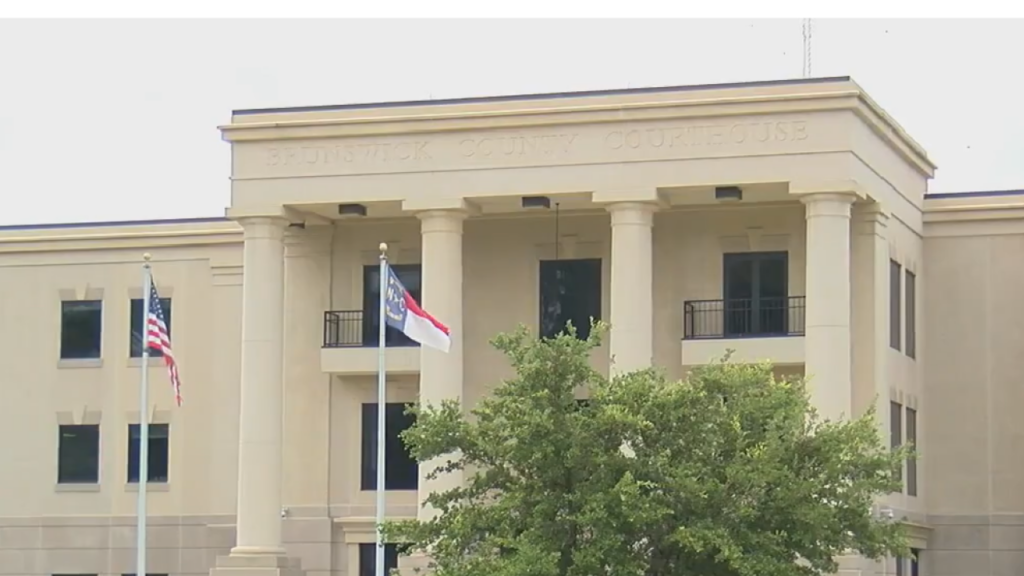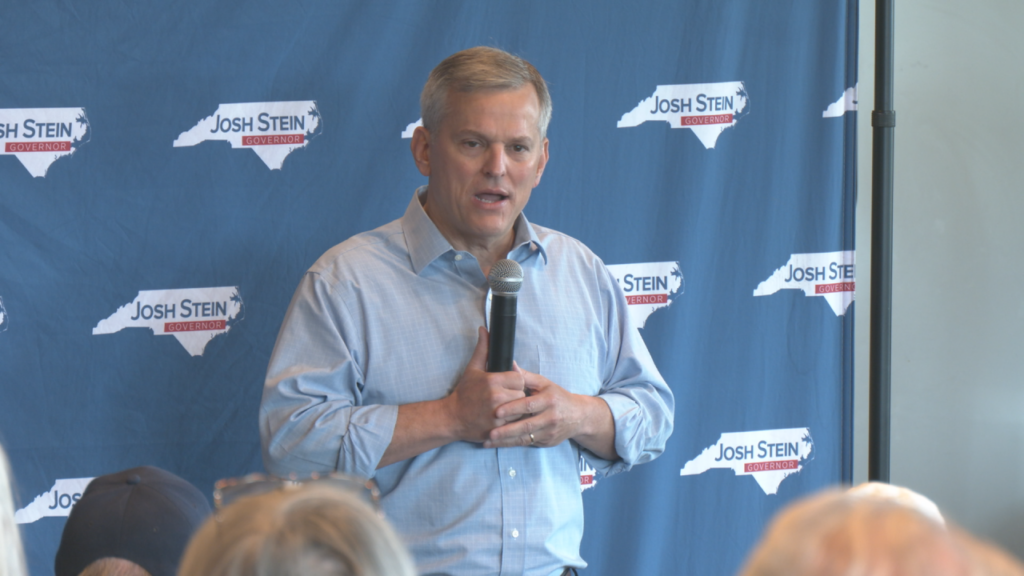City of Southport tables paid parking debate

SOUTHPORT, NC (WWAY) — The Southport Board of Aldermen has tabled further discussion on paid parking after hearing concerns from residents and business owners.
The issue came to a vote during Thursday’s meeting, when board member Robert Carroll made a motion to delay any future talks on paid parking “until a time when I’m no longer on this board.” The remark drew laughter and applause, before the motion received a second and passed, effectively halting the conversation for now.
Opponents of paid parking pointed to a $50,000 consultant report commissioned by the city last November, which explicitly stated on page seven: “We do not recommend paid parking.” The report, which City Manager Noah Saldo confirmed is available on the city’s website, analyzed numerous factors — from vehicle turnover and bicycle use to the impact on golf carts — and concluded that paid parking may not be the right fit for Southport.
City leaders initially brought in Otto Connect, a parking management company, to explore potential rates and management options. The company pitched premium spaces and other structured pricing models, sparking concern among some residents and business owners.
Previously, Saldo had said the city was still in the early stages of exploring new revenue sources. He noted that rising costs for critical services — including an estimated $30 million in stormwater improvements — are driving the conversation.
Before the vote, Mayor Rich Alt also cited concerns about future staffing needs, especially as volunteer fire departments across the state face shortages.
“Our volunteer base is is drying up. It’s retiring and we’re going to have to hire more firemen across the state,” Alt said. “It’s probably the single biggest cost that’s going to be facing the state of North Carolina because we’re going from a pretty much a volunteer system to a paid system because there’s no more, there’s not enough young blood coming into the system.”
He warned that as municipalities transition to more paid emergency personnel, the pressure to find new funding solutions will only grow.




